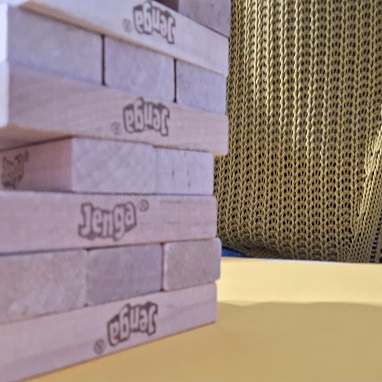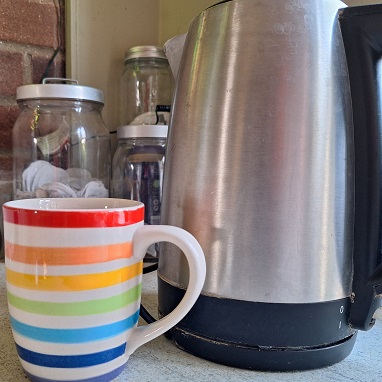What does the word “stress” mean to you? Do you think of it as something in your mind, or your body? Does it feel like something that is either good or bad?
You might choose to download this word cloud of common word associations to the word “stress”
Stress responses in our body are normal and healthy – but if we activate them too much they can become harmful. We might also be predisposed to stress due to earlier life experiences. Let’s look at some of the science behind stress:
Sharon Horesh Bergquist gives us a look at what goes on inside our body when we are chronically stressed in this TED-Ed lesson – but don’t worry! There is so much we can do to help reduce stress and positively impact our health.
Stress isn’t always a bad thing; it can be handy for a burst of extra energy and focus, like when you’re playing a competitive sport or have to speak in public. But when it’s continuous, it actually begins to change your brain. This TED-Ed lesson by Madhumita Murgia guides us through what happens in chronic stress.
By stimulating the vagus nerve, breathwork can activate a relaxation response, moving us out of our “fight or flight” sympathetic nervous system into our “rest and digest” parasympathetic nervous system. This video guides us through a 4-4 breathwork practice – find more breathwork here.
You can download and print a handout of links to these proof videos here.
Here are some things you could try to help you reduce stress – different things well help everyone but these suggestions might give you some ideas.
You might like to download and print this handout of these suggestions.




Understanding the relationships between the different pillars of Lifestyle Medicine can allow us to use our strengths to support the areas we are trying to change.
Click on the icons below to find out more about the other pillars.
You can also download and print a handout of these relationships here.

Reducing stress can help you switch off better at the end of the day and fall asleep more easily

Reducing stress can make prioritising time to move a bit easier, and trying new movement activities less daunting

Reducing stress can make it easier to eat well, since stress responses in our body and brain can make us crave unhealthy food choices

Reducing stress can allow time with others to feel more connected

Reducing stress can lower the temptation to rely on unhelpful coping strategies

Sleeping better and feeling rested can make it easier to manage stress

Moving more can reduce stress levels in the body and mind

Eating well, especially eating less ultra-processed food, can reduce the levels of stress in your body

Connecting and engaging with others, or being out in nature, can help us process worries and feel less stressed

Minimising unhelpful coping strategies can lower stress responses in the body
Here are some more insights you might find helpful to explore:
What do you notice when you reduce stress? What helps you reduce stress?
You might find it helps to keep a note of the things that particularly support you with reducing stress, so you can refer back any time you need. You can download and print this handout if you find it helpful.